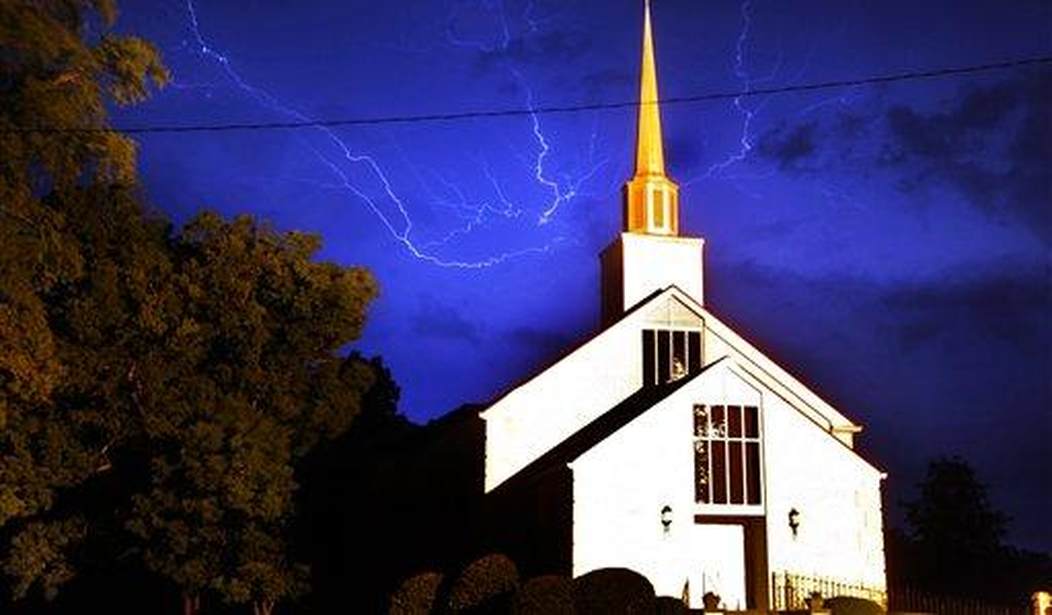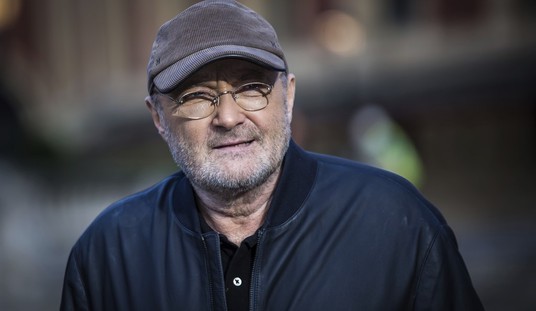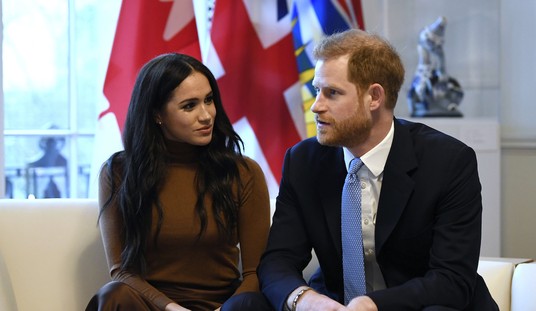A recently released study from the Pew Research Center shows that the number of "nones," or people who do not identify with any religion, has slightly decreased. Data shows that the number of adults in the U.S. who have no religious affiliation is 28%. That is a slight dip from 31% in 2022, but still higher than 16% back in 2007. Using the data from its research, Pew defined the "nones" as people who may believe in God or some higher power, but may not attend services. They see religion as having the potential to do harm but also feel that it does some good. They do not believe that everything can be explained by science, but Pew maintains that they have a more positive view of science than religious people.
Interestingly, "nones" tend to be less civically engaged. They tend to vote less, do less volunteer work, or follow current events less than people with a religious affiliation or even agnostics or atheists. They are also less satisfied with their social lives. They tend to identify as liberal more often than conservative. Breaking the numbers down by age:
Among “nones,” 69% are under the age of 50, while 31% are 50 or older. By comparison, 45% of U.S. adults who identify with a religion are under 50, while 55% are ages 50 or older.
Some hold a degree of hostility toward religion, but not all of them. And Pew also notes:
About half say spirituality is very important in their lives or say they think of themselves as spiritual. Most “nones” believe animals other than humans can have spirits or spiritual energies – and many say this is true of parts of nature, such as mountains, rivers or trees.
But these spiritual identities and beliefs are not unique to “nones.” In fact, by many measures, people who identify with a religion tend to be just as spiritual, or even more spiritual, than “nones.”
Pew claims that 60% of "nones" doubt religious teachings, while four out of ten say they just don't need religion. Twelve percent say they simply lack the time for an organized religion.
For the most part, "nones" believe one can maintain morality and values without believing in God, and many religiously inclined believers agree, albeit by a smaller margin. As to the age-old question of right and wrong, 83% of nones say that a key component is the desire to avoid hitting others. Eighty-two percent hold that logic and reason are required tools for the discernment of good and evil.
If you want to read more and/or suffer from insomnia, the full report is available here.
Realistically, a drop from 31% to 28% in the number of "nones" is not dramatic and hardly an indicator of a trend. Pew says that the numbers of "nones" might have plateaued or that continued growth occurred at such a gradual rate that it might be difficult to quantify.
Of course, the bigger question is whether the "nones" have abandoned religion or merely shifted allegiances. "I'm spiritual but not religious" is a familiar refrain these days. It's practically a bumper sticker and can encompass everything from yoga to tarot cards to daily affirmations in front of the mirror. It may well be that the "nones" are indeed practitioners of a religion, just not an organized one. Their deity is Barack Obama, and their nemesis is Donald Trump. Their apocalypse is climate change, held only at bay with supplications to St. Greta. Their Nicene Creed is a DEI statement. Their holy wars are against the "patriarchy" and "Zionism." Their ecclesiastical titles are their pronouns. Their sacraments are X, Instagram, and TikTok.
It may be that the "nones" have not abandoned religion as much as they have found a new one.










Join the conversation as a VIP Member